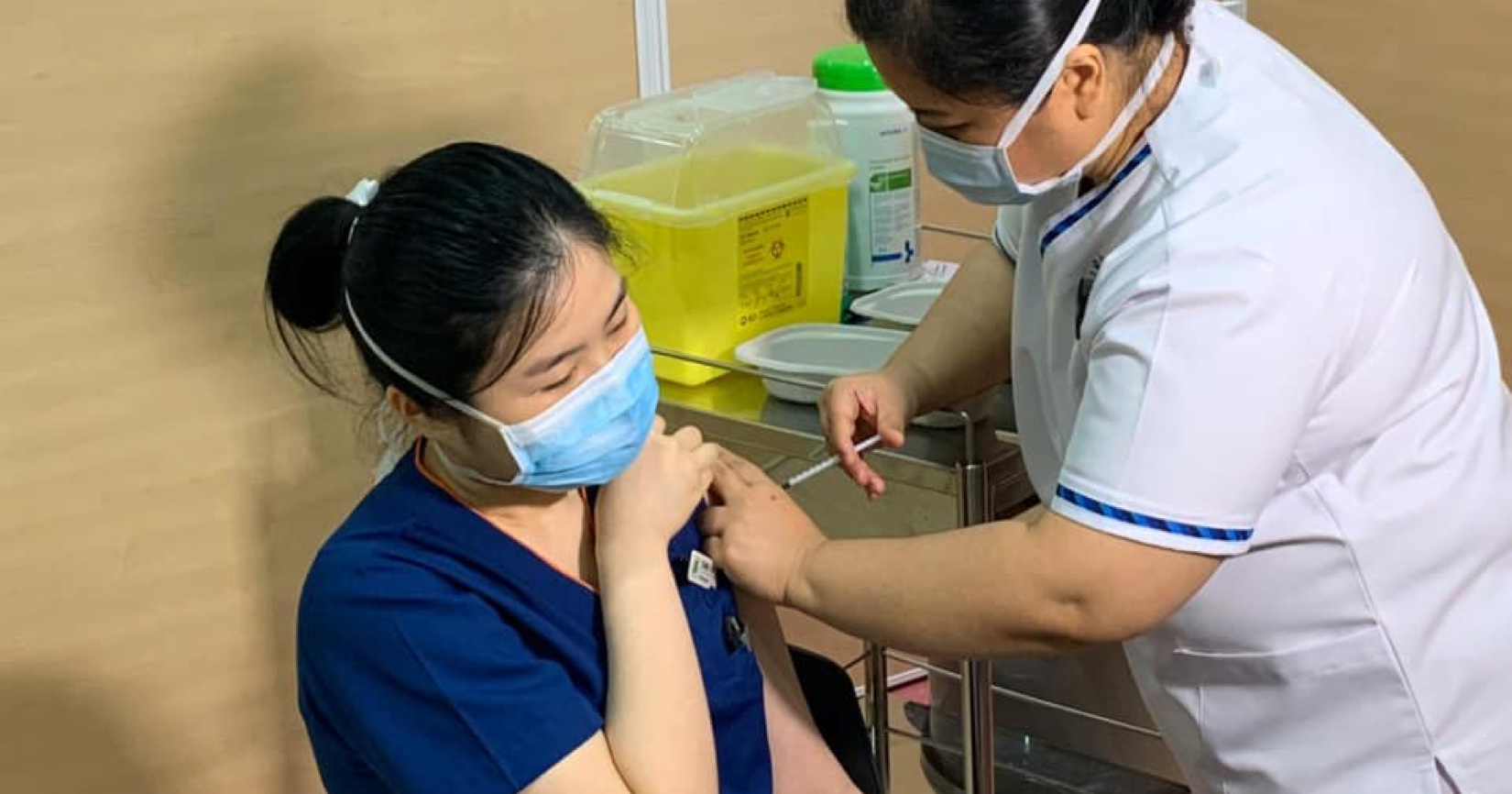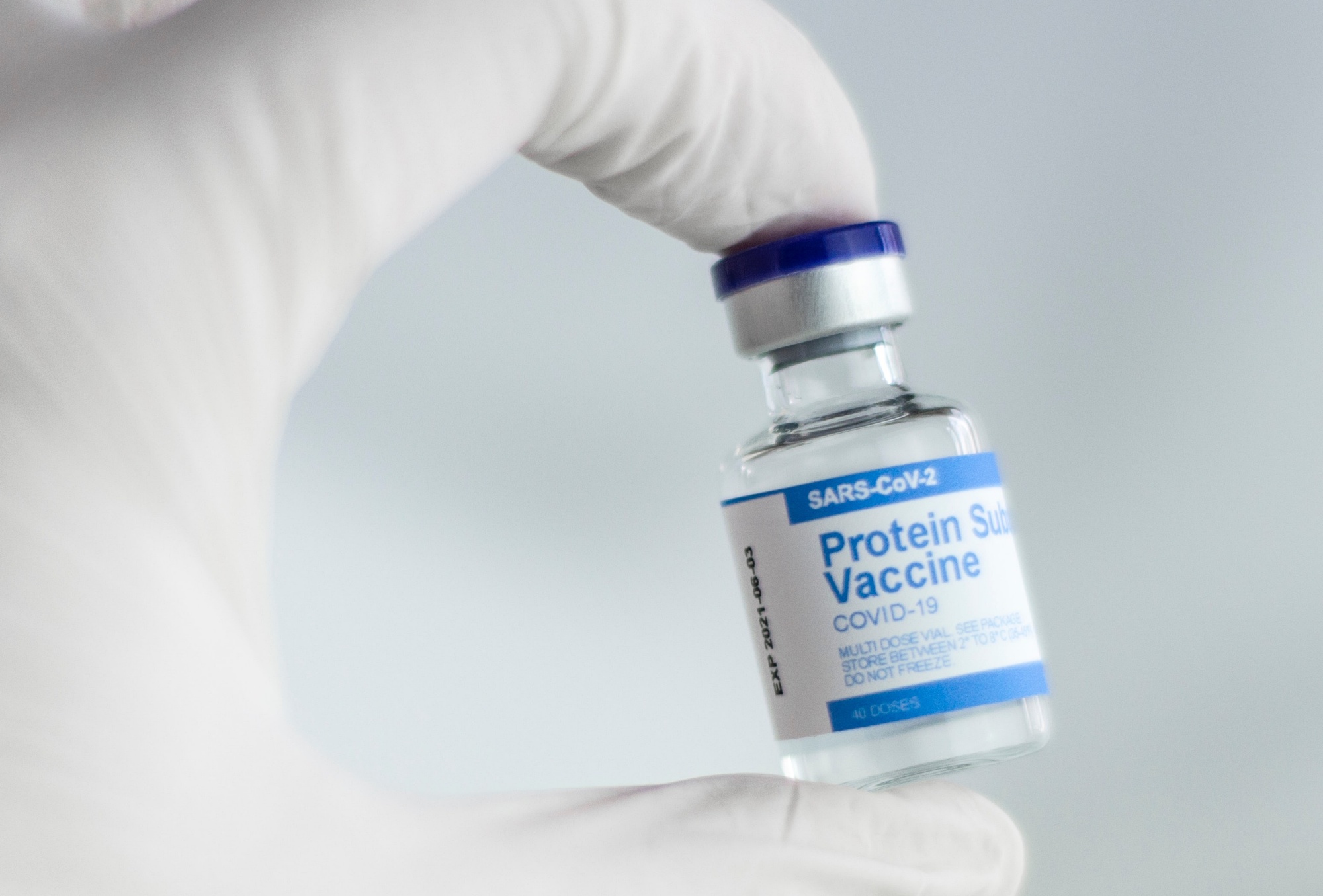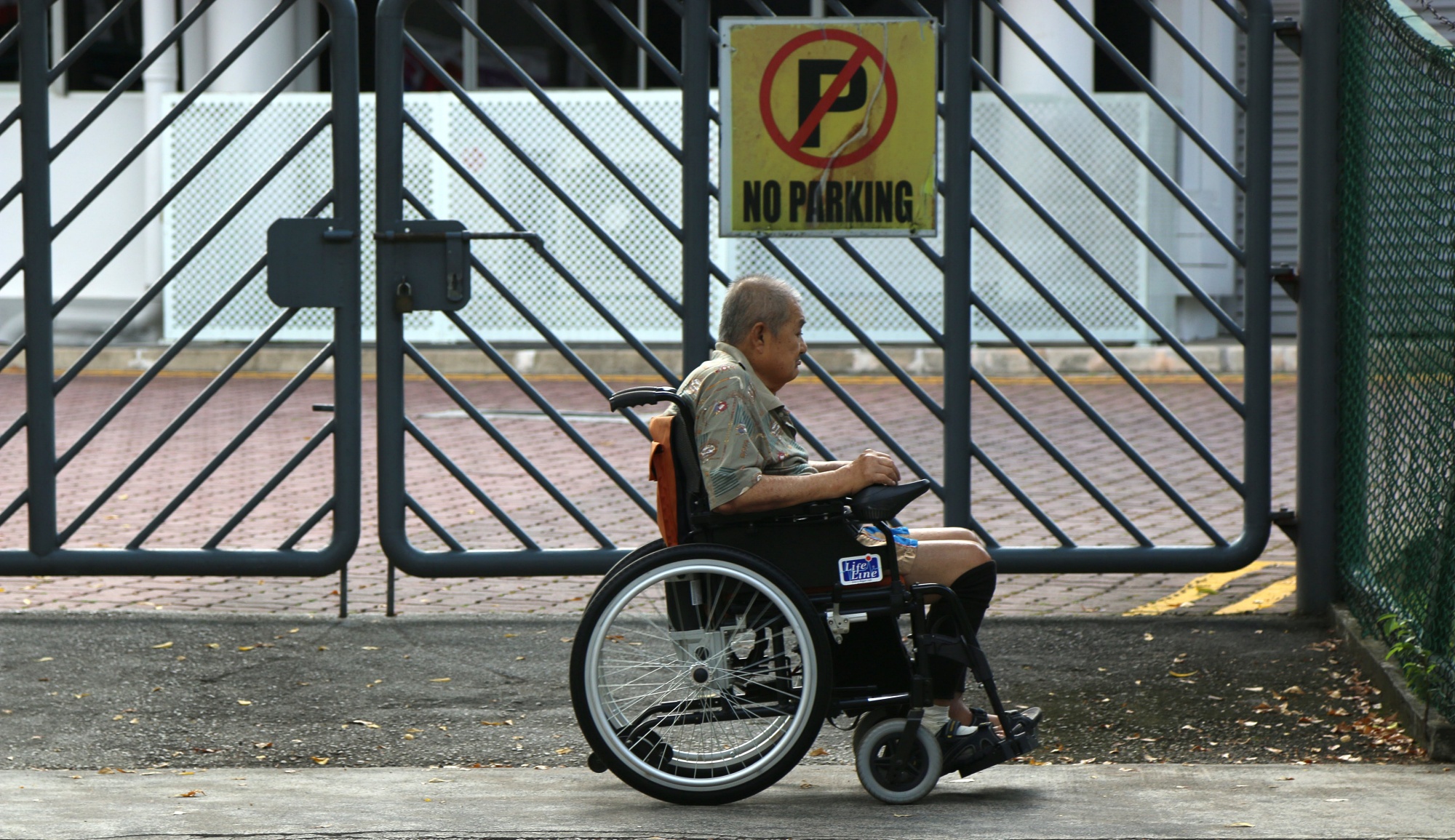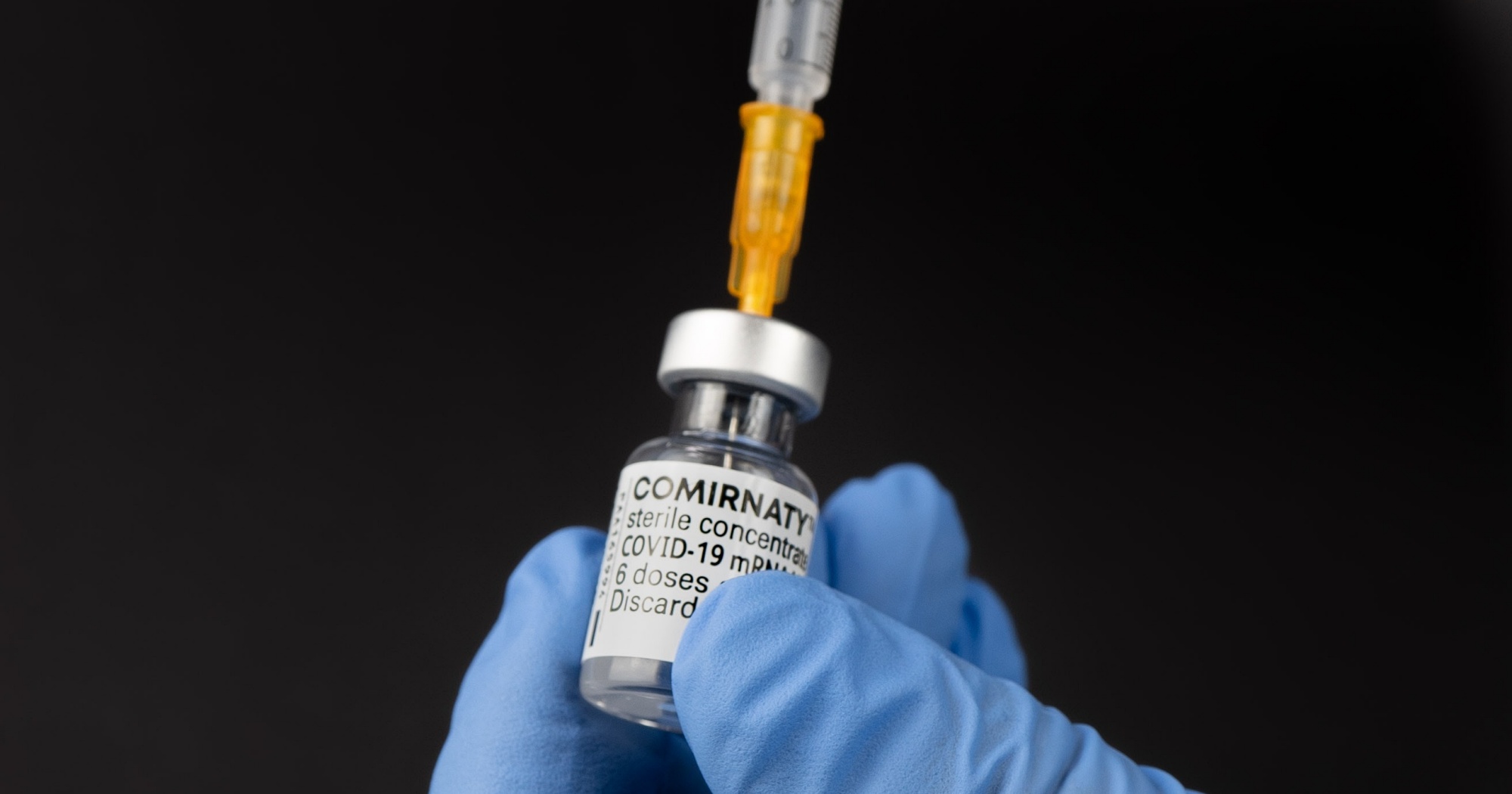Follow us on Telegram for the latest updates: https://t.me/mothershipsg
Singapore is making good progress with vaccinating the population. As of August 3, 64 per cent of the Singapore population has been fully vaccinated with either the Pfizer-BioNTech or Moderna mRNA vaccines.
But there still remains a group of people (and no, we're not referring to anti-vaxxers — people who do not believe in the use of any vaccines) who are hesitant about receiving the vaccines that are currently offered by the government under Singapore's Covid-19 vaccination programme.
Their concern stems from the fact that Covid-19 vaccines, especially mRNA vaccines, are unfamiliar and quite new.
Vaccines typically need years of research and testing before they are suitable to be rolled out for human use. While mRNA Covid-19 vaccines today were built on research from previous years (and development was also expedited due to global demand for it), they have not gone through the vigorous testing that other vaccines are subjected to.
 Singapore is progressing well on its vaccination drive, but there are folks who are not comfortable receiving the vaccines that are currently offered under the national vaccination programme. Image by MOH.
Singapore is progressing well on its vaccination drive, but there are folks who are not comfortable receiving the vaccines that are currently offered under the national vaccination programme. Image by MOH.
Case in point: Both the Pfizer-BioNTech and Moderna vaccines were authorised for emergency use in Singapore under the Pandemic Special Access Route (PSAR).
There are side effects, including those that are common in other vaccines — pain, redness, swelling, fatigue, headache, muscle ache, and fever are some examples — but then we also received reports of severe allergic reactions, and later in the year, incidences of myocarditis and pericarditis. A 16-year-old boy even suffered a cardiac arrest after he went weightlifting six days after his vaccine dose.
Against this backdrop, perhaps it is easier to see why some people are hesitant about the vaccine even though objectively speaking, these cases are in the minority. Over the first four months of mass vaccination, there were 95 cases of serious adverse events, comprising just 0.004 per cent of the more than 2.2 million doses administered.
Aside from this, some folks are also concerned about the long term impact of mRNA vaccines since these vaccines and the technology that created them are relatively new.
32-year-old software developer Yong is one such person who is adamant about not getting the Pfizer-BioNTech or Moderna vaccine.
He told Mothership that he is concerned about the long term side effects of mRNA vaccines and how they can potentially interact with the human body.
"Given that there are alternative vaccine technologies available, I think we should have the option to choose the ones we are comfortable with."
He is more comfortable with more traditional technology like those used in vaccines by Sinopharm and Sinovac. Unfortunately, their less than encouraging efficacy results mean that Yong is currently waiting for another traditional vaccine (a protein-based one) from American biotechnology firm Novavax.
Singapore has already signed advance purchase agreements with Novavax but supplies are expected to arrive only in end-2021. In the meantime, Yong said that he is keeping himself safe by minimising exposure to events or public gatherings with large numbers of people.
 Some people prefer to wait for vaccines that utilise more traditional technology and are effective. Photo by Spencer Davis on Unsplash
Some people prefer to wait for vaccines that utilise more traditional technology and are effective. Photo by Spencer Davis on Unsplash
As a side note, concerns about vaccine safety have been exploited by those peddling misinformation about the vaccines, including wild claims that mRNA vaccines contain antifreeze or that they will alter your DNA. If you're wondering, the answer is no, but false claims like these are instrumental in shifting one's perception about the vaccine.
Going back to the safety concerns about vaccines, seniors, especially those who are already struggling with other health issues, are more affected.
Community worker Lim Jingzhou, who works with senior citizens at non-profit organisations Cassia Resettlement Team and at Merpati Kaki wrote an insightful Facebook post which explained why it's hard to persuade senior citizens to get vaccinated.
Ageing brings along with it a whole host of health conditions, for instance, diabetes, high blood pressure, hearing loss, aches and pain, and sometimes, more severe issues like cancer and dementia.
Lim wrote:
"This means that on a regular basis, seniors have to deal with all the feelings that accompany finding out they have a new health problem, new diagnosis, or that they are losing ability to do some things they usually had no problem doing last time."
Senior citizens hence might be more averse to rocking the boat and risking more physical ailments from a vaccine, he wrote.
 Senior citizens, especially those who are struggling with other health issues, might be less inclined to risk more physical ailments from a vaccine. Image: Mothership file photo.
Senior citizens, especially those who are struggling with other health issues, might be less inclined to risk more physical ailments from a vaccine. Image: Mothership file photo.
Another insight from Lim: Some senior citizens don't see the need for vaccination because they are ready to accept death.
Perhaps this might explain why the vaccination rates for senior citizens are trudging along."...there will be some among us who are not keen for further medical treatment (especially the invasive ones), or even diagnostic scans and tests. For many of these seniors, the most they would bring themselves to is the regular check-up at the Polyclinic, for some medications that would manage their chronic diseases so they can continue living as-is. Nothing more."
Only 74 per cent of those aged 70 and above have been fully vaccinated. For those in the 60 to 69 years range, the proportion who are fully vaccinated has been hovering at 83 per cent for the past five days.
As of early August, more than 96,000 or 21 per cent of seniors aged 70 and above have not booked a vaccination appointment. This is six percentage points more than the general population.
There has been a concerted effort to encourage senior citizens to get vaccinated.
Politicians from the Workers Party delivered messages in Mandarin and Teochew, mobile vaccination drives were rolled out, and even General Practitioners were urged to persuade their elderly patients.
Today, anyone — including senior citizens — can walk into one of 11 vaccination centres to receive the Moderna vaccine without an appointment. The same arrangement is expected to be rolled out for Pfizer-BioNTech vaccines soon.
All these help in one way or another to make the vaccines (even non-mRNA ones) more accessible to people (which by the way, according to the BBC, is one of the five psychological factors that affect vaccine hesitancy) but perhaps more importantly, as Lim said in his Facebook post, we should exercise more empathy and appreciate that there are various reasons why someone might not want the vaccine.
Understanding their perspective allows us to better encourage those who are still hesitant, and also respect the decision of those who choose not to be vaccinated.
Follow and listen to our podcast here
Top photo by Mika Baumeister on Unsplash
If you like what you read, follow us on Facebook, Instagram, Twitter and Telegram to get the latest updates.
